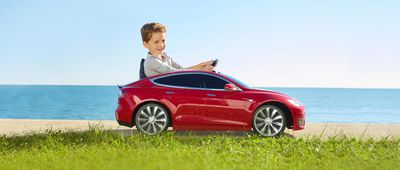Change Gears
Driving overseas is an adventure all in itself, from taking the wheel in a car brand you’ve never heard of to discovering a place where there’s no speed limit or navigating on the “wrong” side of the road. It can all be a bit harrowing, so before you book that monthlong road trip, check out these driving rules and oddities from around the world.
Related: Big Mistakes Every Novice Traveler Makes and How to Avoid Them
















































